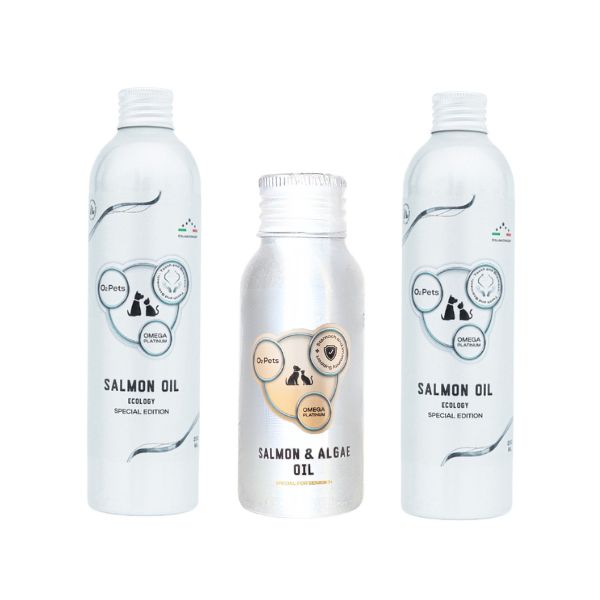Owning a Dog

If you have never lived with a dog, then this article is for you. Most people see a dog merely as a companion, but let me tell you, there is more to a dog, that what meets the eye. Among other attributes dogs are excellent observers. They soon will learn the routine and let you know if things are not the way they should be. But that, of course, is not all. Read on, and I will tell you why you only can benefit from a hairy companion.
1. Maybe you are not as fit as you used to be
Like many people, you might have a job, which is stationary for most of the day. Your dog will help you to get the much-needed exercise. Walking your dog every day can be as much fun as you make it. Take a ball with you or maybe even your bike! A 30-minute walk with your dog every day can do wonders for your health!
2. So, you think you are stressed
Did you know, studies have shown, people who are living with a dog are less stressed. The research has shown, that your stress hormones are reduced. In most cases, the stress reduction by far outweighs the stress of caring for a dog. However, make sure your dog receives basic training before he gets stuck into your shoes. Spending time by just simply watching or petting your dog, inventing games you both enjoy, and you will see your stress levels will drop soon.
3. You thought you are not social
Inevitably, walking your dog brings you in touch with other dog walkers. There are always opportunities to strike up a conversation. Maybe you might come up with a dog walking group which you meet regularly. Not only is that good for your health, but you might also get a date, while you get healthy and fit at the same time.
4. Dogs might detect cancer before anybody else does
A dog’s incredible sense is used in many ways. One of them is to discover cancer. Even if your dog is not trained for this particular task, he might smell or lick you at one and the same spot repeatedly. Respond to the message of your dog; it might save your life.
5. Children and allergies
Children, growing up with a dog are less likely to suffer from allergies. Indeed, if your children are raised with a dog, they may have an immunity to pet allergies later in life.
6. A healthy heart
As already mentioned above, interacting with a dog is stress reducing. Besides, it also slows your heart rate, which can lead to a healthier heart. This is particularly true for male dog owners. Other research has shown that dog owners are much more likely to survive a heart attack compared to people who live without a dog.
7. You are feeling depressed
Research has shown that people living with a dog are less likely to suffer from clinical depression. It is assumed, that caring for your dog elevates symptoms of depression and therefore making you feel more positive.
8. Growing old gracefully
A dog in the house can benefit the elderly person in many ways. Not only can a dog be trained to help with several chores around the house, a dog provides companionship as just a dog can. Experience has shown, that people with Alzheimer’s who live with a dog have fewer outbursts than those without a dog. Caregivers of elderly people, on the other hand, have reported, that elderly patients with a dog are less stressed than those who must get by without a dog.
9. A decrease in general illnesses
Overall it was observed, that people with a dog have fewer health issues. They tend to have lower triglyceride and cholesterol levels compared to people who live without a dog. And similar like children who grow up with a dog, the elderly too are exposed to an array of germs from the dog. Over time those people develop a greater immunity. They get less sick than people without a dog and recover quicker.
10. Safety comes with a dog
If you do not have a home security system, your barking dog will make up for it. Studies have shown, that a barking dog is an effective deterrent against burglars. Not just has the dog a highly sensitive nose, he also has an excellent hearing. He will know if someone is lurking around and will let you know. Knowing that you are safe is good for your mental and physical health.

Resources:



















